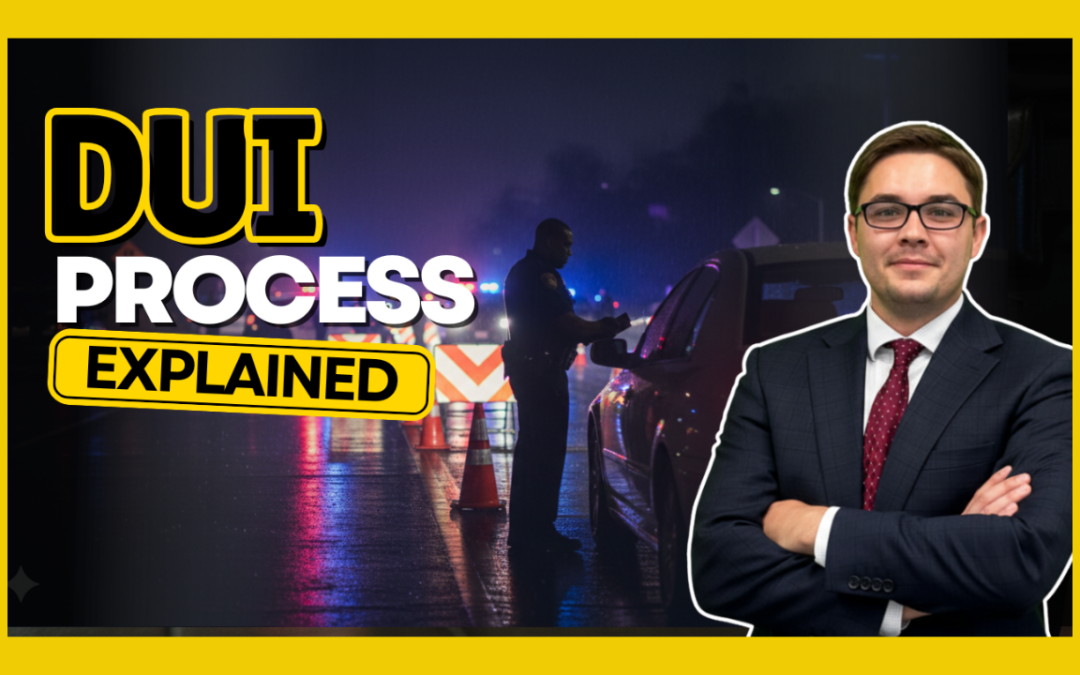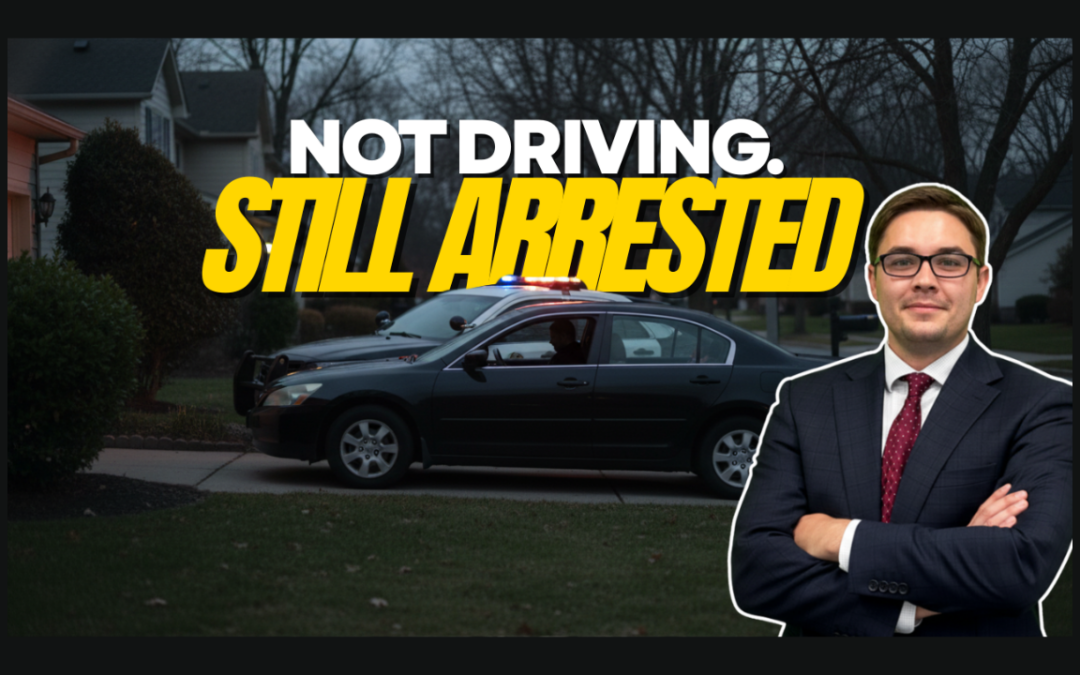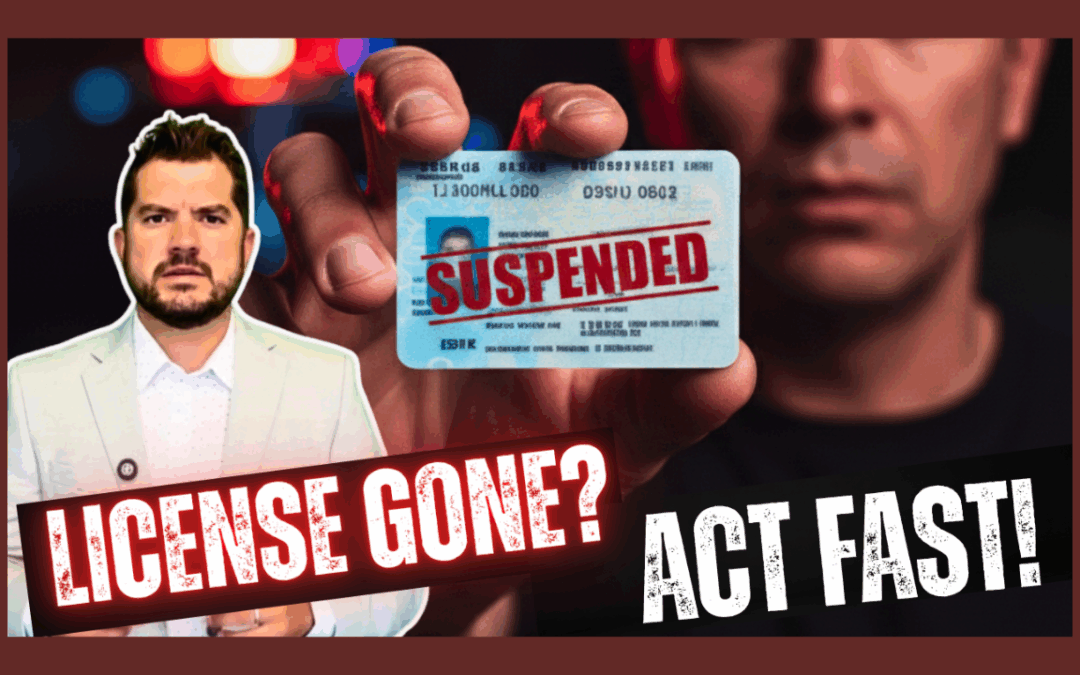
by Marc Lopez Law Firm | Feb 16, 2026 | Alcohol, Criminal Charges, Defenses to Criminal Charges, DUI, OVWI, SDP
What is the difference between DUI, OWI, and OVWI in Indiana? In Indiana, DUI is a commonly used term, but the actual criminal charge is OVWI, which stands for Operating a Vehicle While Intoxicated. You may also hear OWI used interchangeably. They all refer to drunk...

by Marc Lopez Law Firm | Feb 9, 2026 | Alcohol, Criminal Charges, Defenses to Criminal Charges, DUI, OVWI, SDP
Frequently Asked Questions About OVWI and DUI in Indiana Is OVWI the same as a DUI in Indiana? Yes and no. OVWI is Indiana’s legal term for what most people call a DUI, but the law is broader. OVWI stands for Operating a Vehicle While Intoxicated, and it covers...

by Marc Lopez Law Firm | Feb 2, 2026 | Alcohol, Criminal Charges, Defenses to Criminal Charges, DUI, OVWI, SDP
Frequently Asked Questions About DUI and OWI in Boone County, Indiana What is the difference between DUI and OWI in Indiana? In Indiana, the legal term is OWI (Operating a Vehicle While Intoxicated). DUI, or driving under the influence, is a commonly used phrase, but...

by Marc Lopez Law Firm | Jan 26, 2026 | Alcohol, Criminal Charges, Defenses to Criminal Charges, DUI, OVWI, SDP
Frequently Asked Questions About DUI License Suspensions in Indiana 1. Is my driver’s license automatically suspended after a DUI arrest in Indiana? Not always, but it can be. After a DUI (OWI) arrest in Indiana, your license may be suspended administratively by the...

by Marc Lopez Law Firm | Jan 19, 2026 | Alcohol, Criminal Charges, Defenses to Criminal Charges, DUI, OVWI
Frequently Asked Questions About CDL DUIs in Indiana Can I lose my CDL for a DUI in my personal vehicle? Yes. In Indiana, a DUI, OWI, or OVWI conviction in your personal vehicle still results in a one-year CDL disqualification. It does not matter that you were off...

by Marc Lopez Law Firm | Jan 12, 2026 | Alcohol, Criminal Charges, Defenses to Criminal Charges, DUI, OVWI, SDP
Being arrested for OWI, OVWI, or DUI in Boone County often raises immediate concerns about losing your driver’s license, which can seriously disrupt daily life. In Indiana, DUI charges are legally called OWI or OVWI and can be based on alcohol, drugs, or both without...










